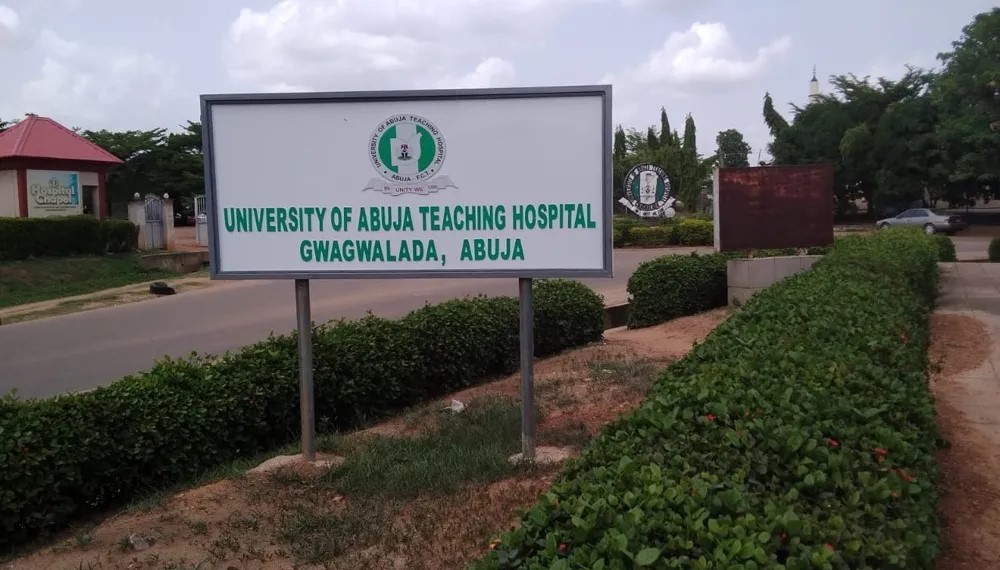
The Niger State Government has concluded a three-day intensive training for 50 first-class graduates to become Business Development Service Providers (BDSPs), aimed at supporting small business start-ups and existing enterprises across the state.
The training was organised through the Office of the Special Adviser to Governor Umaru Bago on the Social Investment Programme, Hajiya Hauwa Bako, in collaboration with the Enterprise Development Centre of Pan-Atlantic University.
Participants were drawn from the Association of First-Class Students in Niger State.
Speaking at the closing ceremony on Thursday, Bako explained that the initiative was designed to equip participants with consultancy skills to assist small businesses in their communities. She said the programme, fully funded by the Niger State Government, aims to ensure that each local government area has at least one business development expert.
Bako also revealed that the state has partnered with the Enterprise Development Centre and the MasterCard Foundation to train approximately 10,000 young people—especially women—across Niger.
She noted that the newly trained BDSPs would support businesses in areas such as planning, operations, and financial management. “This is a lifetime opportunity,” she told participants. “You are not just consultants for Niger State—you can offer your services globally.”
Bako added that graduates of the programme would receive certificates and continued virtual training, enabling them to make long-term contributions to the state’s economic development.
Lead facilitator, Mr Adegboyega Adebajo, said the training focused on analytical thinking, business planning, operations, and human resource management. “These participants are now equipped to diagnose and solve problems for small enterprises,” he said.
Participants, including Sahadatu Mua’zu, Mohammed Mohammed, and Yakubu Abdullahi, described the programme as interactive and enriching. “It brought networking opportunities and covered courses that would normally cost us money elsewhere,” said Mohammed.
Abdullahi added that the training had significantly enhanced their business acumen, and they were committed to applying the skills in their communities.












